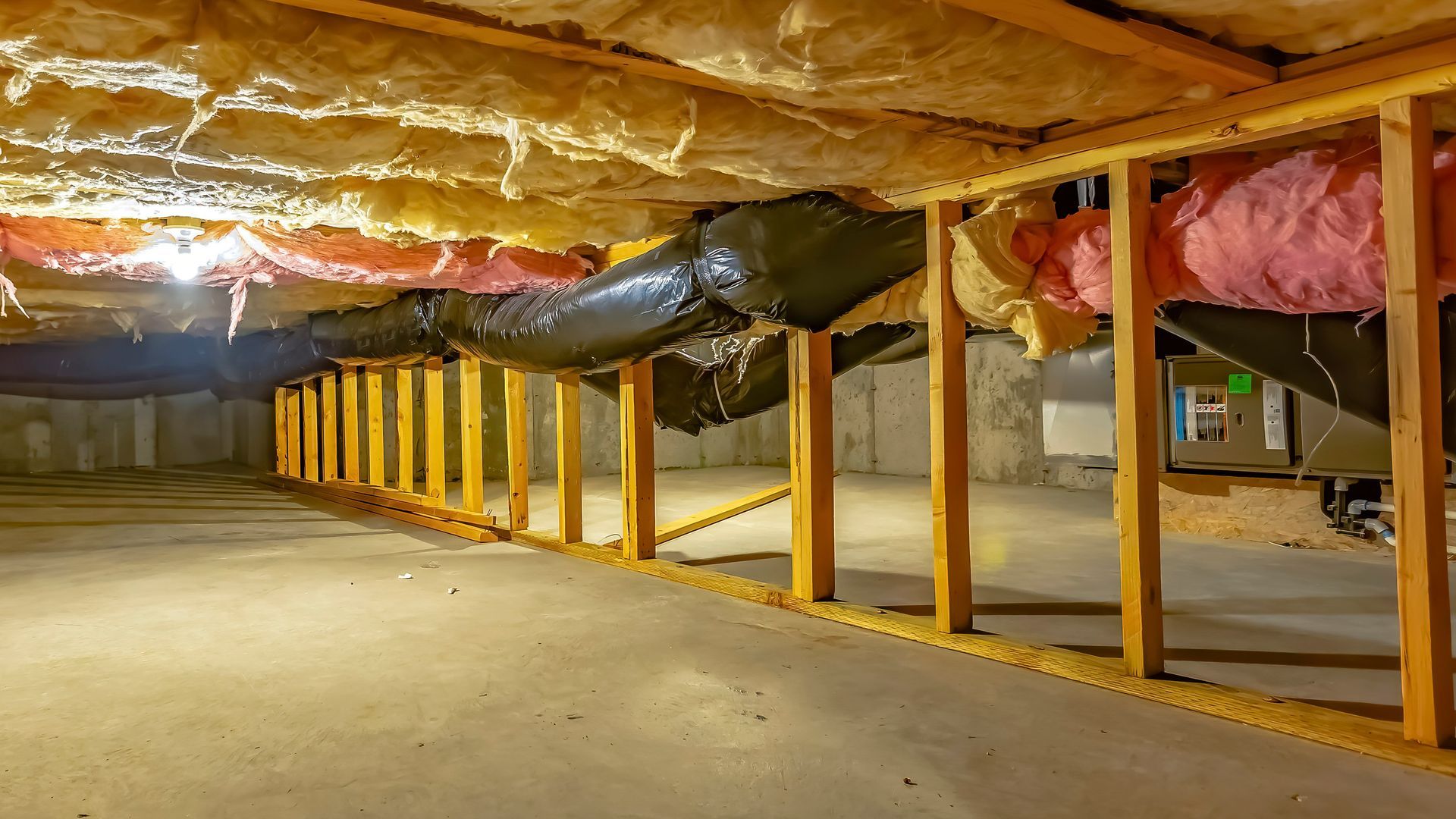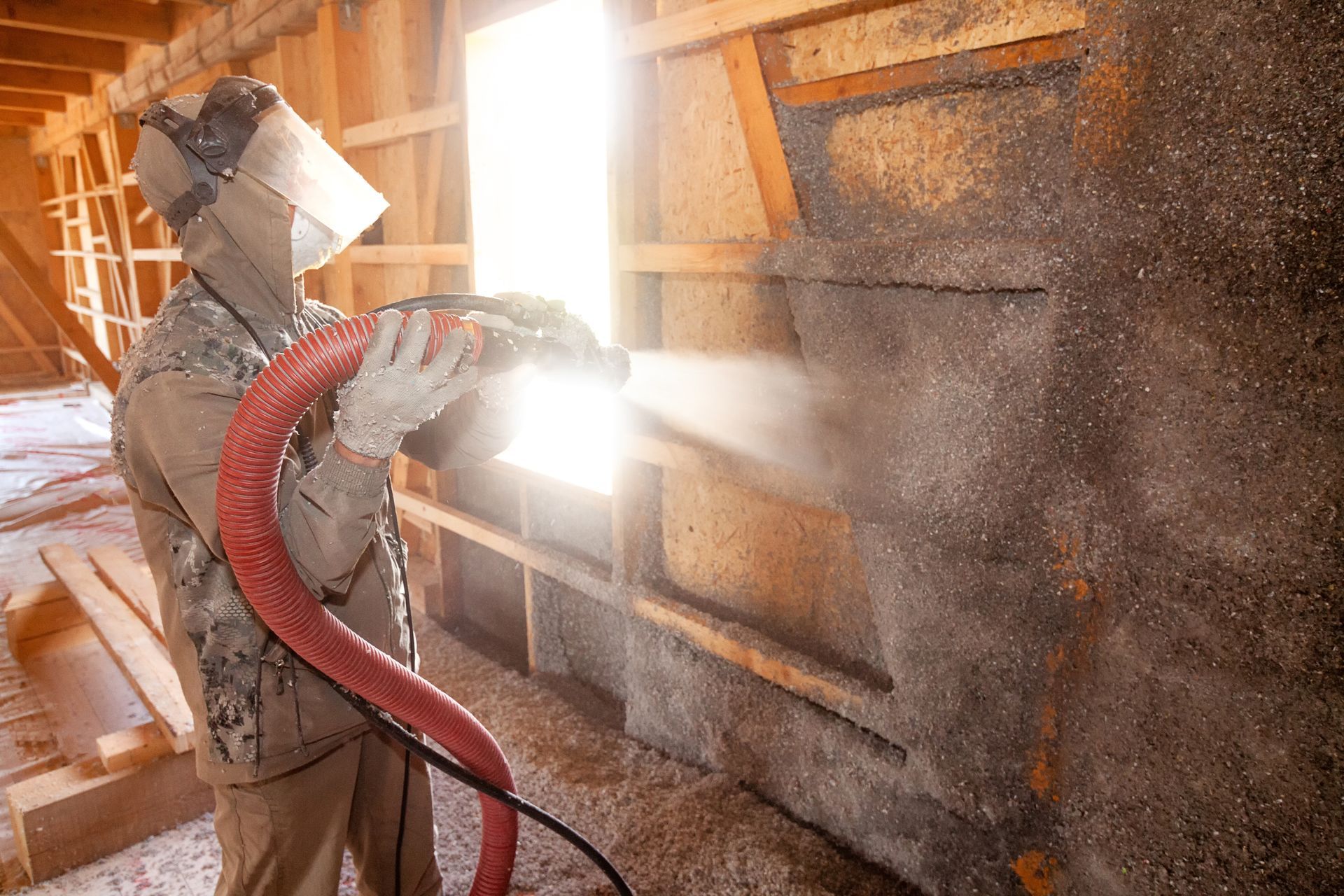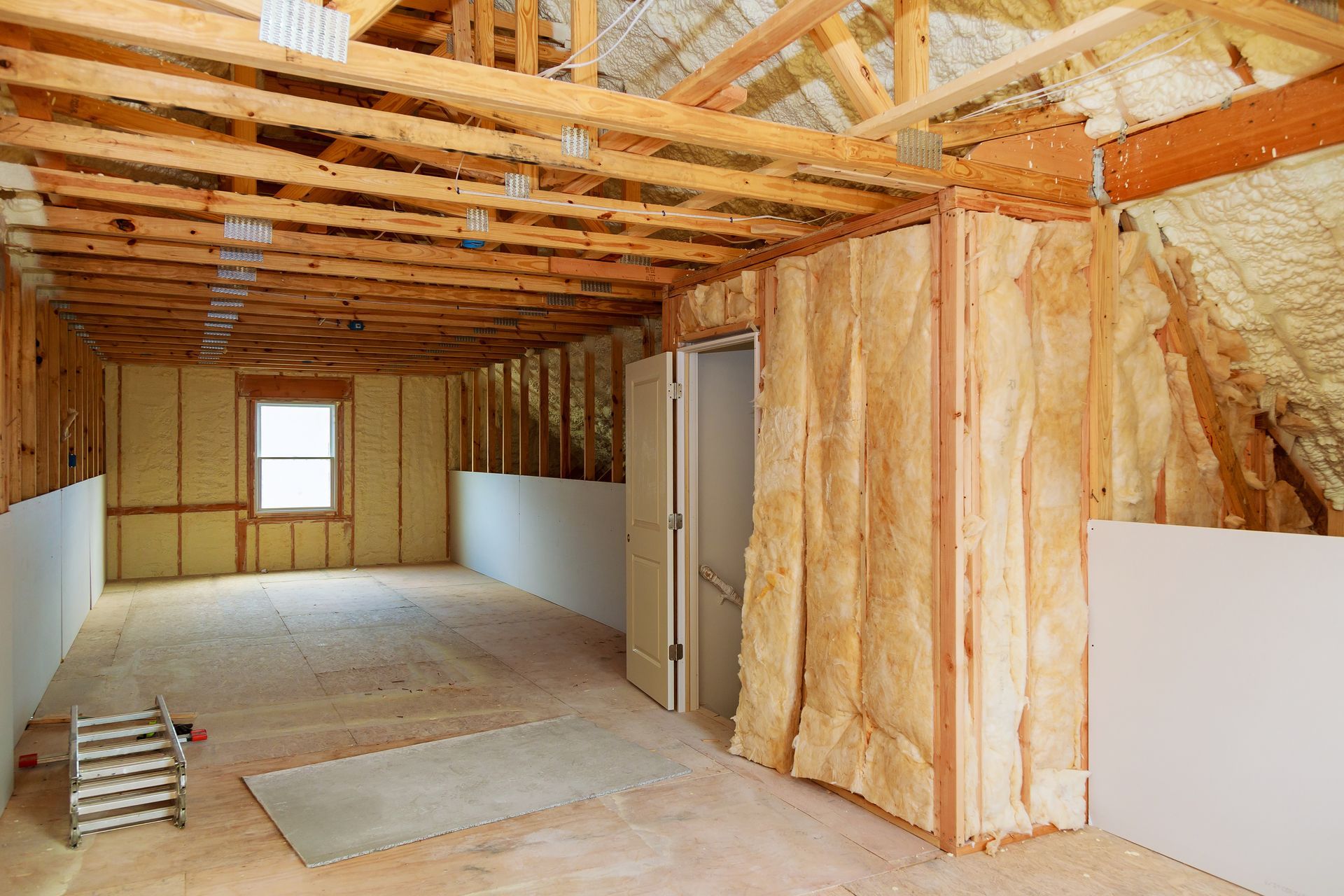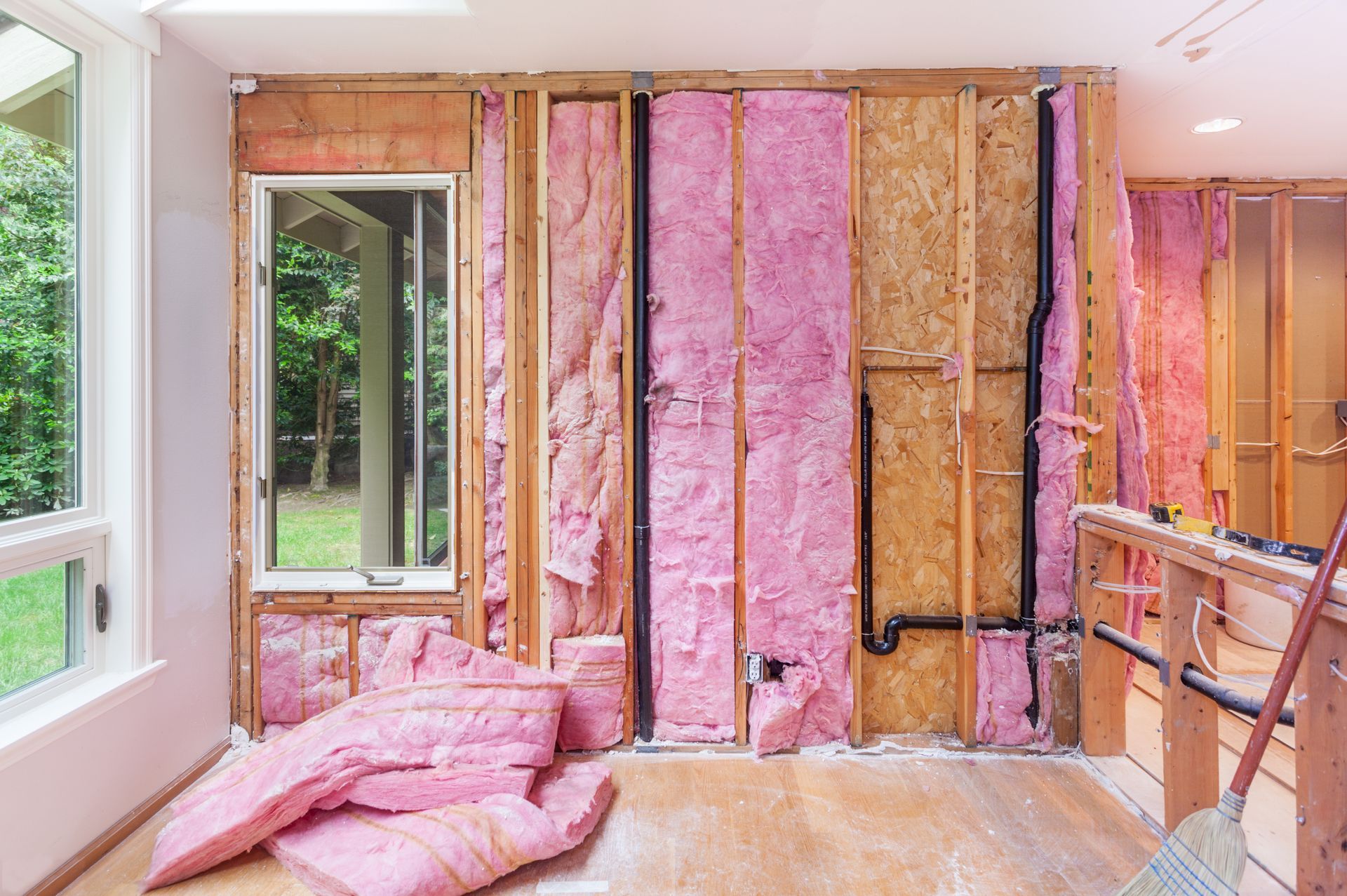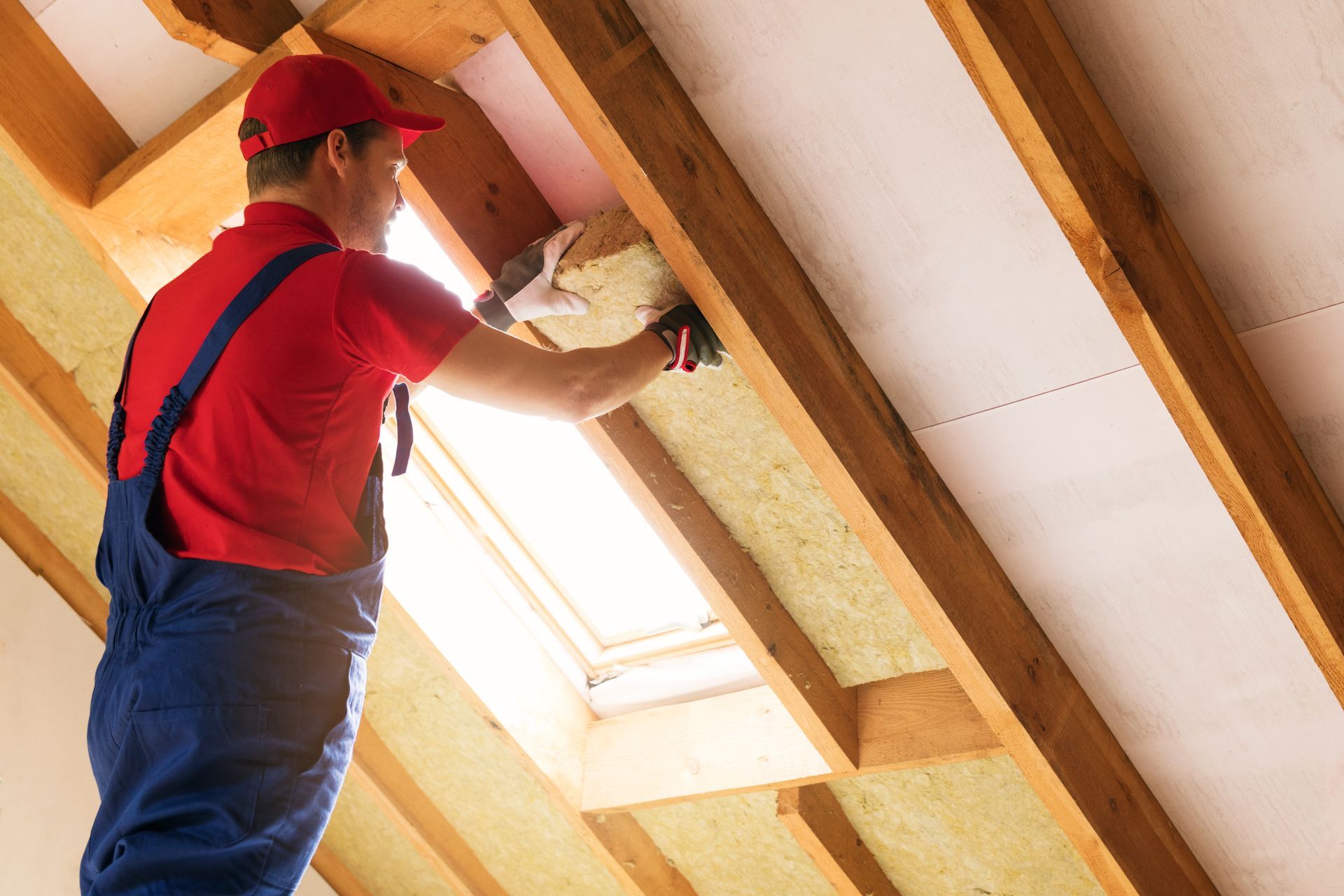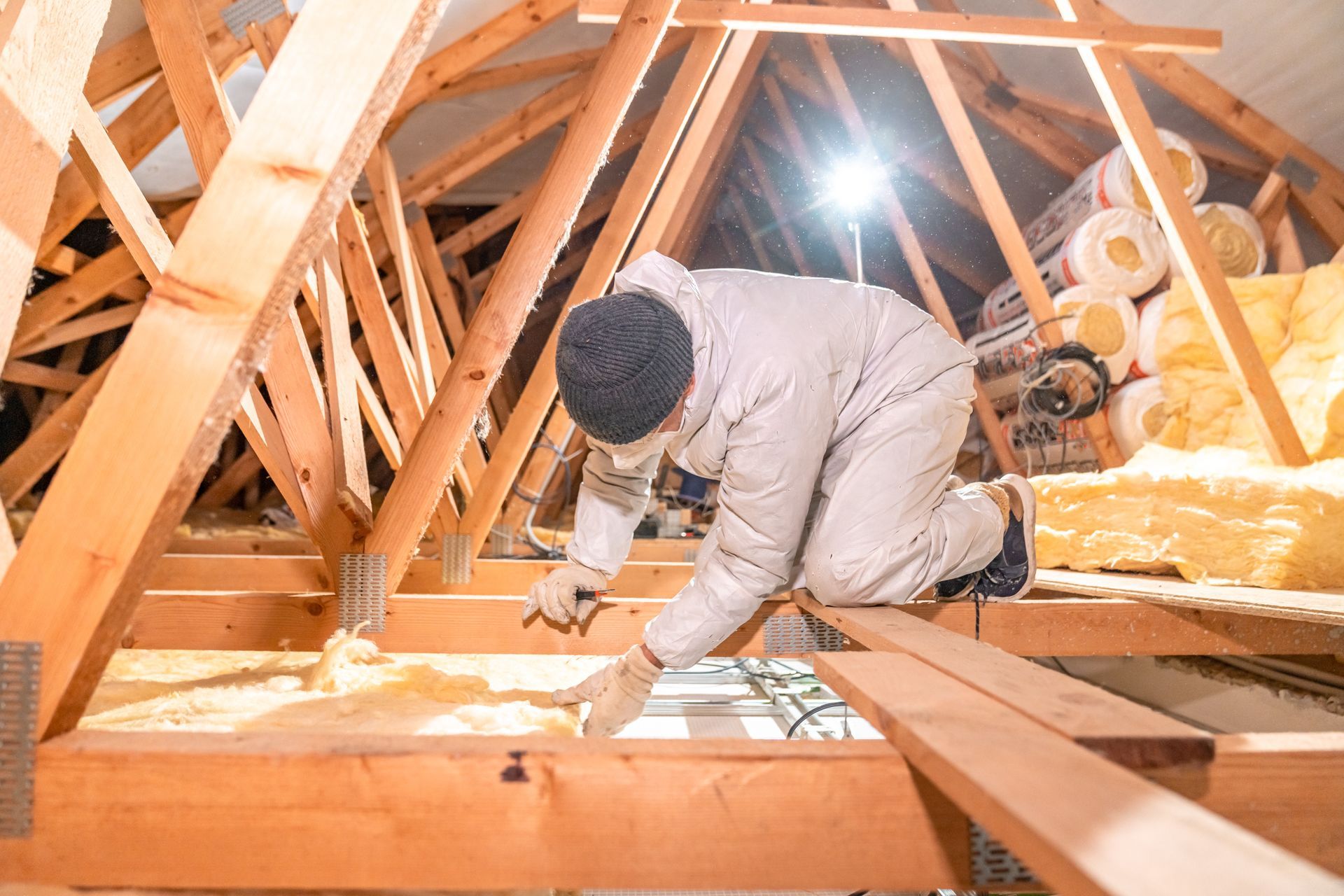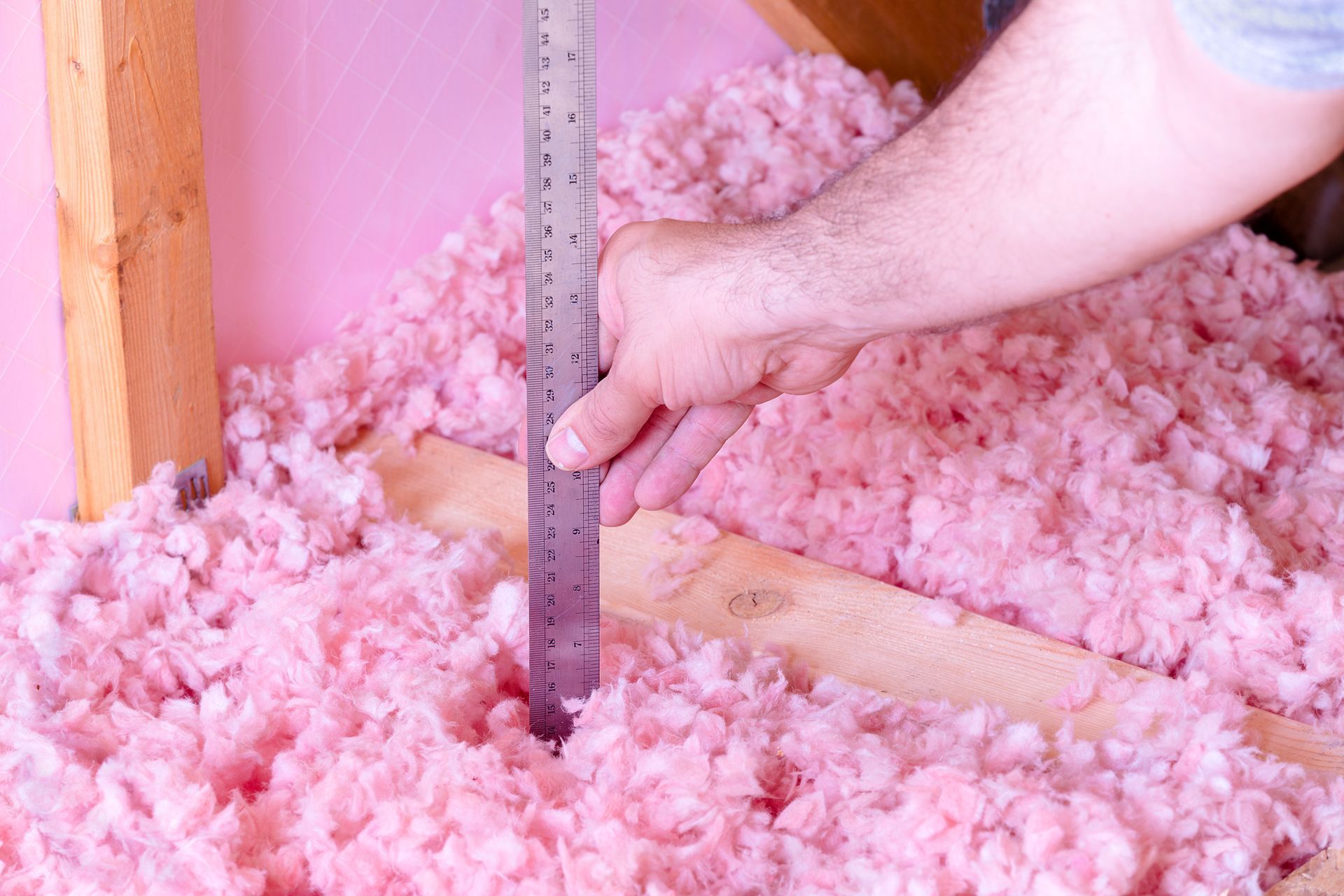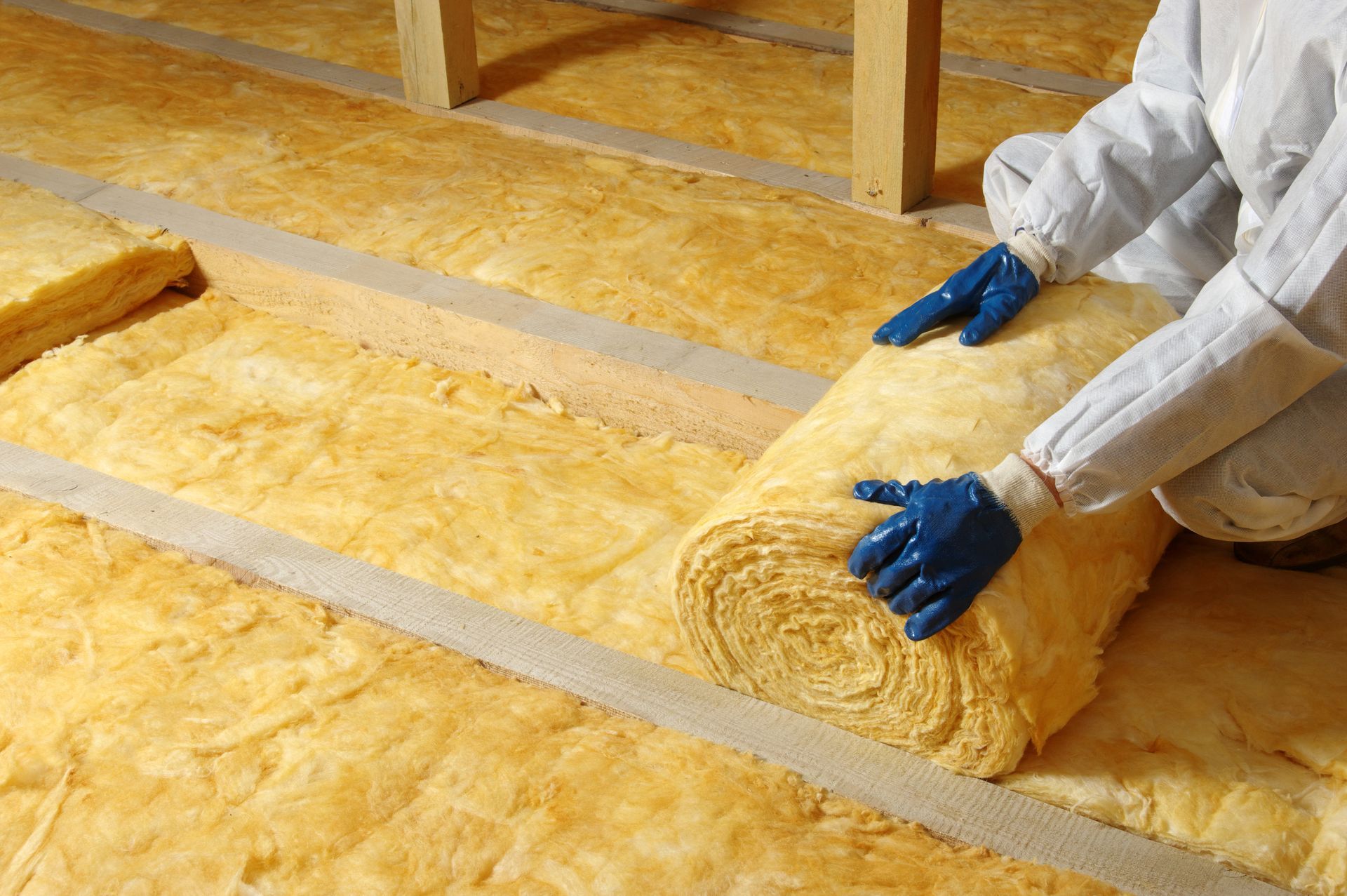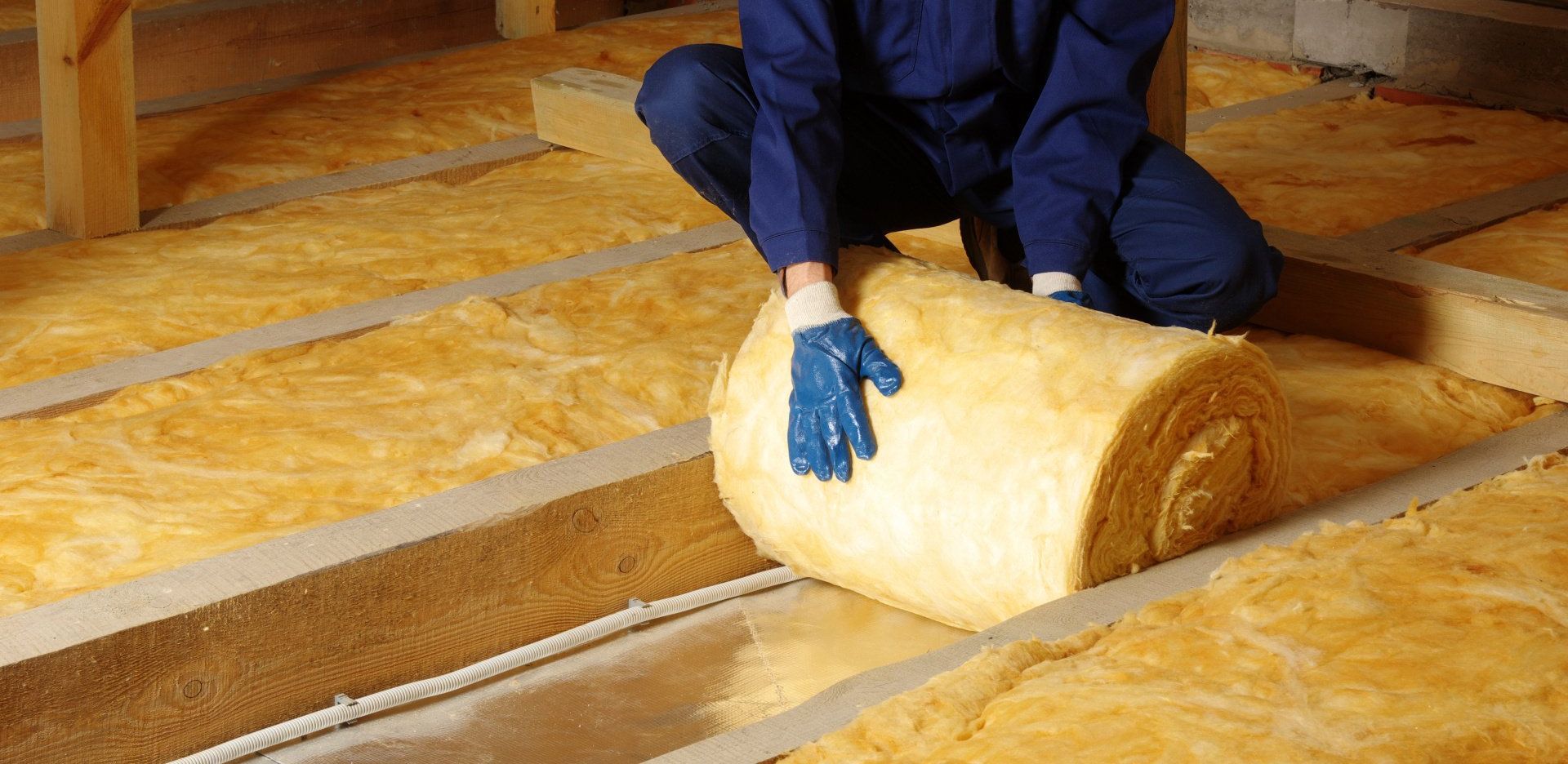Should You Contact an Insulation Installer for the Basement?
If you plan to spend some time in your basement, you should consider insulating it. This will help keep the basement warm during cold seasons and cool in the summer, making it a more comfortable space to spend time in. Insulating your basement will also help to reduce your energy bills, as it will take less energy to maintain a comfortable temperature in the basement.
So yes, you should contact an insulation installer for your basement to get it installed. But why should you get it done in the first place? We’ll answer that question (and more) in this informative read.
So, Why Insulate?
Adding insulation to your basement can help you transform a cold, damp space into added living space for your family. Not only that, but it can also help you lower your energy costs. Insulation is key to regulating the temperature in your basement and preventing moisture issues. By keeping your basement warm and dry, you can avoid problems like mold and mildew.
You'll also save the most money by insulating your walls, not your ceiling.
Kinds of Insulation
There are a few ways to insulate a basement, with the best option for you will depend on a few different factors. Yes, budget comes into play here, but you must observe the technical aspects, too. First, ensure to take the R-value of insulation into account when choosing what kind to get. The R-value measures how well the insulation works and differs in different parts of the country. You must also determine if the basement will be finished or unfinished when deciding how much insulation to get.
It's also important to think about moisture levels when insulating your basement. Some insulation materials don't perform well in damp conditions, so you must ensure the basement isn't too humid before you start.
Now we can get into the different kinds an insulation installer will offer:
- Fiberglass: This is a traditional and common approach to insulating your basement. It’s also less expensive than spray foam insulation. However, fiberglass insulation is not the best choice for damp basements or prone to mold growth. Other products, like spray foam insulation, are better suited for these environments.
- Spray foam: This is a great option if you want to quickly add a lot of insulation to your basement. It’s also a good option if you have a lot of nooks and crannies that you need to fill in due to its superior R-value, meaning it can maximize exposure even when using lesser material. Spray foam insulation is also great at sealing up cracks and gaps. So you mustn't worry about air leaks and drafts. And because it’s such a good sealant, it can also help to reduce noise pollution.
The downside to spray foam insulation is that it can be expensive.
- Foam board: Rigid foam board is a type of insulation that is popular for use in basements. It is available in various sizes and R-values and performs well in moist conditions. Foam boards for your basement can be a great investment, but they can also be costly. If you have a large basement, the cost of foam boards can add up quickly.
Conclusion
The best way to insulate your basement is to use a combination of spray foam and fiberglass insulation. This will give you the best of both worlds—a fast and effective way to add insulation to your basement—and a more cost-effective option.
Searching for an expert basement installation contractor near me? Urban and Sons Insulation provides reliable insulation services throughout Western Massachusetts and Hampden County, MA. Give us a call today to schedule a free estimate!
